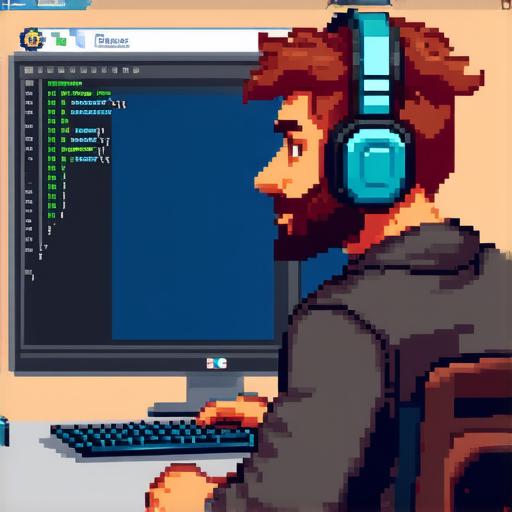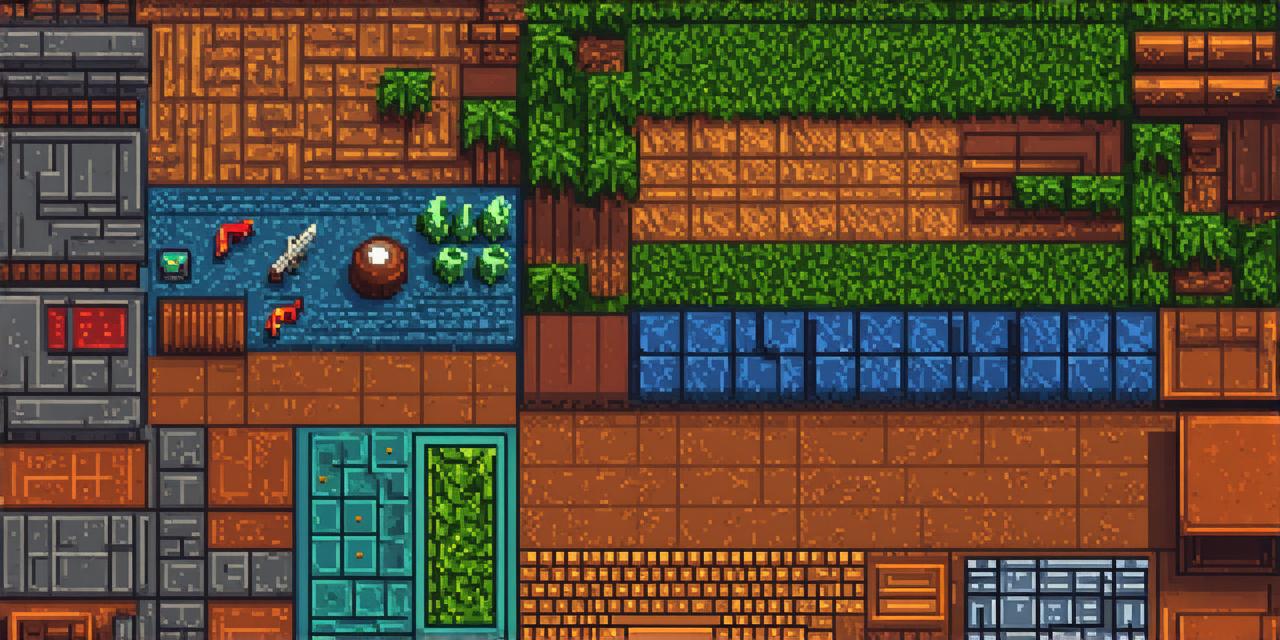
Unity is a popular game engine that supports both 2D and 3D game development. It offers a range of features, tools, and assets that can be used to create games across multiple platforms. However, some developers may question whether Unity is suitable for 2D game development due to its reputation as a primarily 3D engine. In this article, we will explore the pros and cons of using Unity for 2D game development and determine if it is a viable option for this type of project.
Advantages of Using Unity for 2D Game Development
One of the main advantages of using Unity for 2D game development is its ease of use. It offers an intuitive interface, easy-to-learn programming language, and a wide range of built-in tools and assets that can be used to create games quickly and efficiently. Additionally, Unity supports both 2D and 3D game development, so you can easily switch between the two if needed.
Another advantage of using Unity for 2D game development is its support for multiple platforms. You can use Unity to develop games for a variety of devices, including PC, Mac, iOS, Android, and consoles like the PlayStation 4 and Xbox One. This means you can reach a wider audience with your game, which can help increase its popularity and revenue potential.
Disadvantages of Using Unity for 2D Game Development
One of the main disadvantages of using Unity for 2D game development is its focus on 3D graphics. While Unity does offer a range of tools and assets for creating 2D games, it can be difficult to achieve the same level of detail and polish as you would with a dedicated 2D engine like Adobe Animate or GIMP. This can be especially problematic if you are looking to create games with intricate animations or detailed artwork.
Another disadvantage of using Unity for 2D game development is its cost. While Unity is free to use, it does require a paid subscription to access some of its more advanced features and tools. This can be especially problematic if you are working on a small budget and need to save every penny possible.
Is Unity Suitable for 2D Game Development?
In conclusion, while Unity may not be the best choice for developers looking to create highly detailed or polished 2D games, it can still be a viable option for many types of 2D game development projects. Its ease of use, support for multiple platforms, and range of built-in tools and assets make it an attractive choice for developers working on a tight budget. Ultimately, the decision to use Unity for 2D game development will depend on the specific needs and goals of your project.


